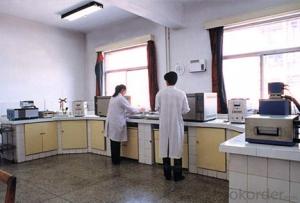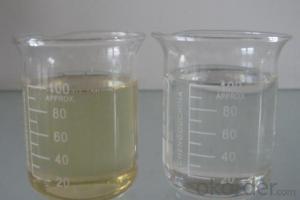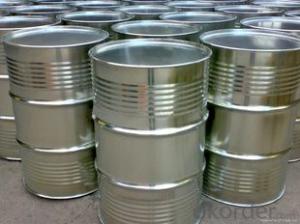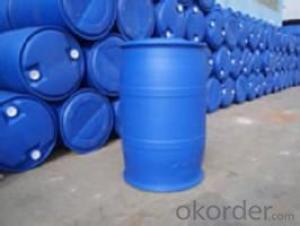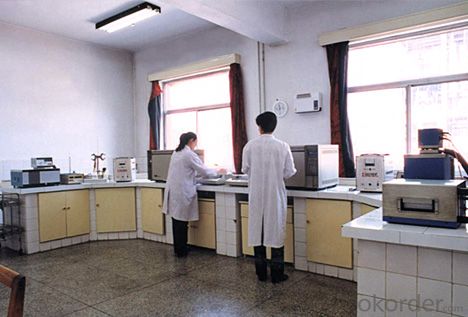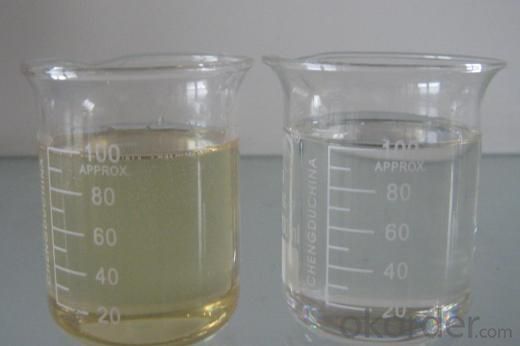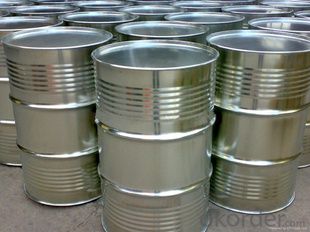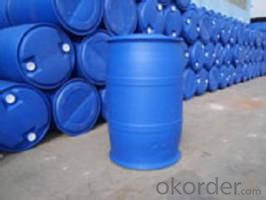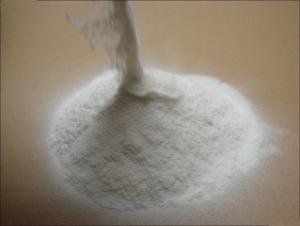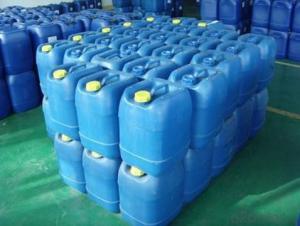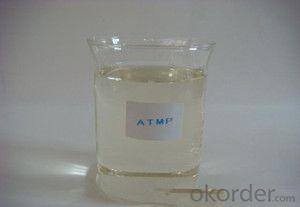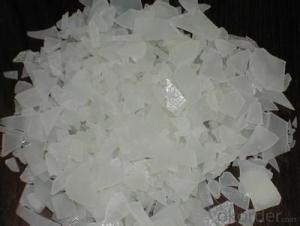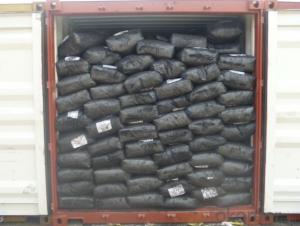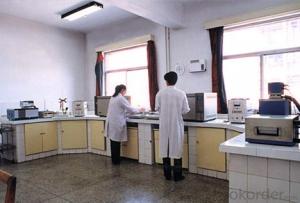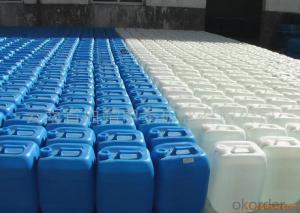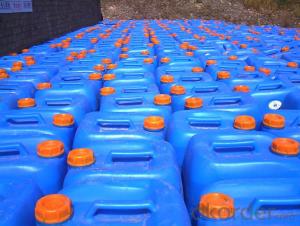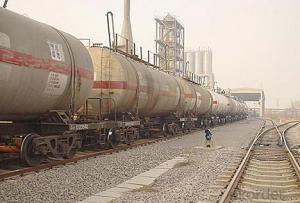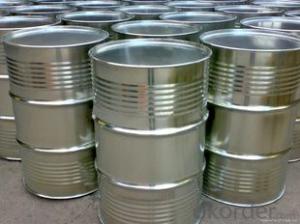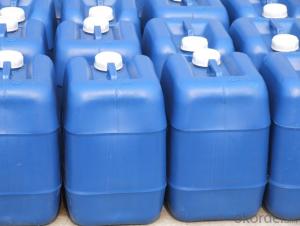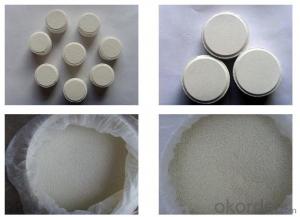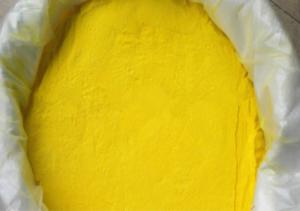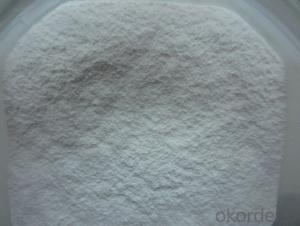Environmentally Frendly Plasticizer DEDB
- Loading Port:
- Tianjin
- Payment Terms:
- TT OR LC
- Min Order Qty:
- 16.8
- Supply Capability:
- 8000 m.t./month
OKorder Service Pledge
OKorder Financial Service
You Might Also Like
Product performance:
Polyol Benzoate (DEDB) is colorless or pale yellow transparent oily liquid, water-insoluble, soluble in aromatic hydrocarbons, ketones and ethers, and has good compatibility withpolyvinyl chloride, ethylene - vinyl acetate copolymer, poly vinyl acetate, polymethylmethacrylate, polyvinylbutyral, nitrocellulose, and ethyl cellulose, etc.
Product application:
Polyol Benzoate(DEDB) is an environmentally friendly plasticizer with the characteristics of strong solubility, good compatibility, low volatility,resistant to oil, water, light, pollution etc. It is suitable for processing PVC flooring material, plastisol, artificial leather, cable material, soft and hard pipe, shoes material, rubber strips, synthetic rubber, and paint, printing ink, etc. It has a better plasticized effect if it is used together withDOP or DBP, and has greatly achieved the purpose of reducing cost .
Product quality index
Item | First grade | Second grade |
Chroma(APHA) ≤ | 50 | 60 |
Ester % ≥ | 99.5 | 90.0 |
Density(20°C)g/ | 1.120-1.126 | 1.172-1.78 |
Acidity(as benzene dicarbonic acid) % ≤ | 0.01 | 0.02 |
Flash Point °C ≥ | 195 | 192 |
Loss on heat(125°C,2 hours)% ≤ | 0.3 | 0.5 |
Chroma after heat treatment | 80 | 100 |
Specifications
1. Direct producer with 15 years experience
2. ISO9001:2000
3. High quality, lower price and best service
4. New plasticizer
Packaging: IBM, net weight: 1000 kg.
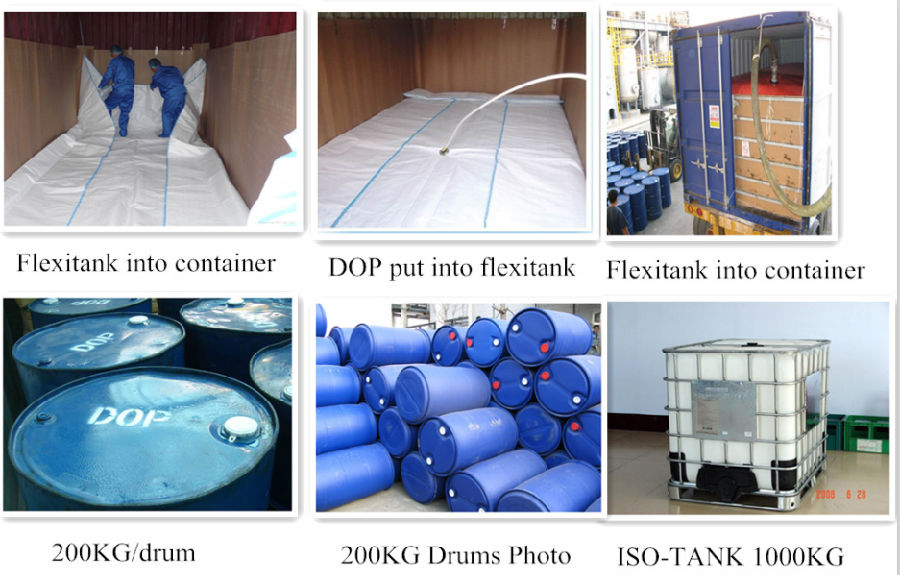 Our Factory:
Our Factory:
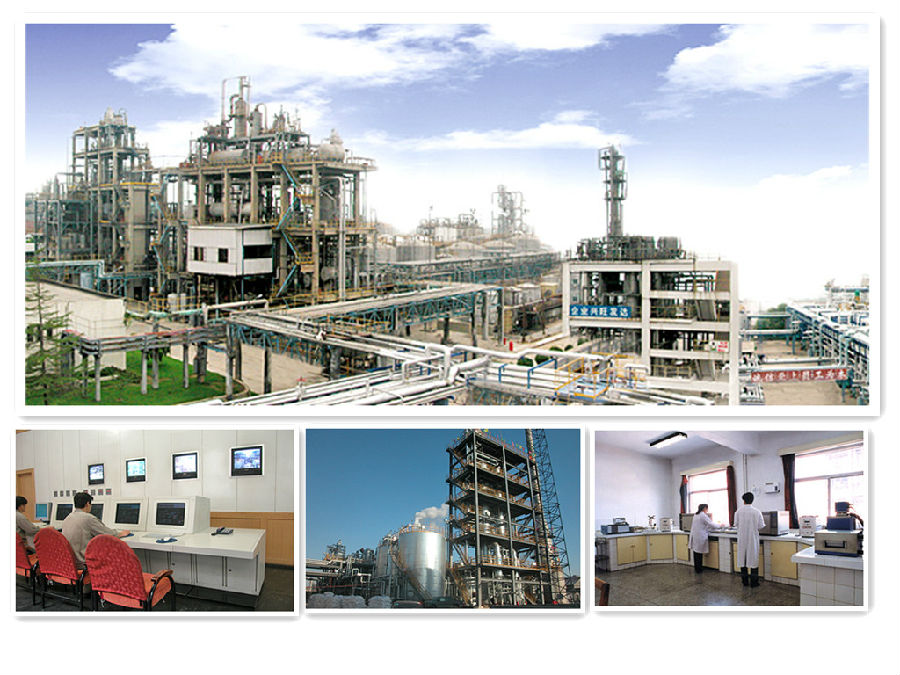
- Q: how could scientists know the exact catalyst for every reactions??? THANX sooo much
- Believe me, nema, there's no way that we chemists know the best catalyst for every reaction. That would be simply impossible. However, from the type of reaction, the reactants, products, reaction conditions, solvents, etc. and from one's experience and the literature (papers and patents) one can get a good idea for most reactions of the type of catalyst that has worked for similar systems. One then starts off with a catalyst from the literature and modifies or changes it if improvement is needed based on chemical principles that one learns. There are also some theoretical calculations that can be made. Sometimes they work and sometimes they don't :) If it is an industrially important process like the Haber process for making ammonia from nitrogen gas and hydrogen gas, there may be thousands of catalysts which have been tried and evaluated. New minor improvements are being made every day. When a company does find a very good catalyst for an important reaction, often they keep it a trade secret. The good catalyst can make a huge difference in how commercially successful a particular process is. That's a large part of what chemical engineers do. You may never know if you have the best catalyst. The most you can hope for is one that is good enough. So it's a few parts personal knowledge, a few parts literature, a couple of parts theory, a lot of experimentation and often, more than not, a little luck. :)
- Q: describe a biological catalyst?
- A biological catalyst is a subclass protein called an enzyme. Enzymes are biological catalysts that increase the rate of chemical reactions. A catalyst does the following: 1) Increases the rate of reaction 2) Is not itself changed at the end of the reaction 3) Does not change the reaction or its final result The amount of energy required for this reaction is called activation energy. The enzyme lowers the activation energy necessary for the reaction to take place, thus speeding up the process.
- Q: And hydrogen peroxide
- Yes, as long as it is copper ions and iron ions on the line, such as FeCI can
- Q: What are the properties of the catalyst (eg, specificity)?
- The definition of a chemical reaction in the chemical reaction can change the chemical reaction rate of other substances, and its quality and chemical properties before and after the reaction did not change the material called catalyst, also known as catalyst. Catalyst in the role of chemical reaction There is also a saying that the catalyst reacts first with one of the reactants and then the two products continue to undergo a new chemical reaction under the original conditions and the reaction conditions of the catalyst reaction are more reactive than the original reaction The reaction conditions of the catalyst have been changed by the reaction of the catalyst by the reaction of the catalyst, that is, the quality and chemical properties mentioned above did not change before and after the reaction.
- Q: What is the PTC catalyst in chemistry?
- PTC, Phase Transfer Catalyst, phase transfer catalyst PTC is the role of a reaction from one phase to another phase to participate in the reaction to promote a solvent can be dissolved in organic solvents and a solvent insoluble in the ion Reagents react between the two reagents. And this type of reaction is collectively referred to as phase transfer catalytic reaction.
- Q: the process of which the heterogeneous catalyst work in vehicles. a step by step instruction in how they work. :)
- The Reduction Catalyst The reduction catalyst is the first stage of the catalytic converter. It uses platinum and rhodium to help reduce the NOx emissions. When an NO or NO2 molecule contacts the catalyst, the catalyst rips the nitrogen atom out of the molecule and holds on to it, freeing the oxygen in the form of O2. The nitrogen atoms bond with other nitrogen atoms that are also stuck to the catalyst, forming N2. For example: 2NO =N2 + O2 or 2NO2 =N2 + 2O2 The Oxidization Catalyst The oxidation catalyst is the second stage of the catalytic converter. It reduces the unburned hydrocarbons and carbon monoxide by burning (oxidizing) them over a platinum and palladium catalyst. This catalyst aids the reaction of the CO and hydrocarbons with the remaining oxygen in the exhaust gas. For example: 2CO + O2 =2CO2
- Q: What is the difference between a catalyst and an inducer in a chemical reaction?
- The catalyst does not participate in the reaction, but only the carrier of the reaction; the inducer will participate in the reaction
- Q: Chemical master invited (about catalyst)
- From the thermodynamics can be reaction, and the three formulas can be added to eliminate the intermediate product, indicating that the reaction may occur. The definition of the catalyst is not complete. I am a junior undergraduate student of Jilin University School of Chemistry, according to the definition of the catalyst in the university textbook, the catalyst itself reacts with the reactants to produce unstable intermediates. After the reaction is finished, the intermediate product is explained and the catalyst is reduced. Apparently did not participate in the reaction. So the catalyst to change the course of the reaction, the original reactants to go through a relatively high energy to produce products, there will be a catalyst after a few relatively low energy barrier, so much easier, the reaction rate is greatly accelerated The It can be seen, the catalyst is not no response, but only after the completion of the reaction to restore it. It can also be seen that the amount of catalyst does not matter, and some reactions require the amount of catalyst to be approximately equal to the amount of reactants. Waiting for you to high school and university to further study on this issue will have a more clear understanding of the.
- Q: Especially how can i explain the experiment with a paper and 2 paperclips with the paper acting as the catalyst.
- A catalyst is something that allows a reaction to occur but is not actually used up in the reaction. It merely provides the surface on which the chemicals react. There is a demo using two paper clips and a piece of paper. The paper is folded and the two clips are attached to the paper. When the free ends of the paper are pulled apart the two paper clips somehow overlap each other and become joined. It is a good demo for a catalyst, but I cannot explain how to fold the paper.
- Q: Is it not the rate to accelerate the addition of the catalyst to the catalyst, and that is why the balance does not move
- In the chemical equilibrium, after adding the catalyst, the positive and negative reaction rate increases equally, but the positive reaction rate is still equal to the reverse reaction rate, so the balance does not move
Send your message to us
Environmentally Frendly Plasticizer DEDB
- Loading Port:
- Tianjin
- Payment Terms:
- TT OR LC
- Min Order Qty:
- 16.8
- Supply Capability:
- 8000 m.t./month
OKorder Service Pledge
OKorder Financial Service
Similar products
Hot products
Hot Searches
Related keywords
